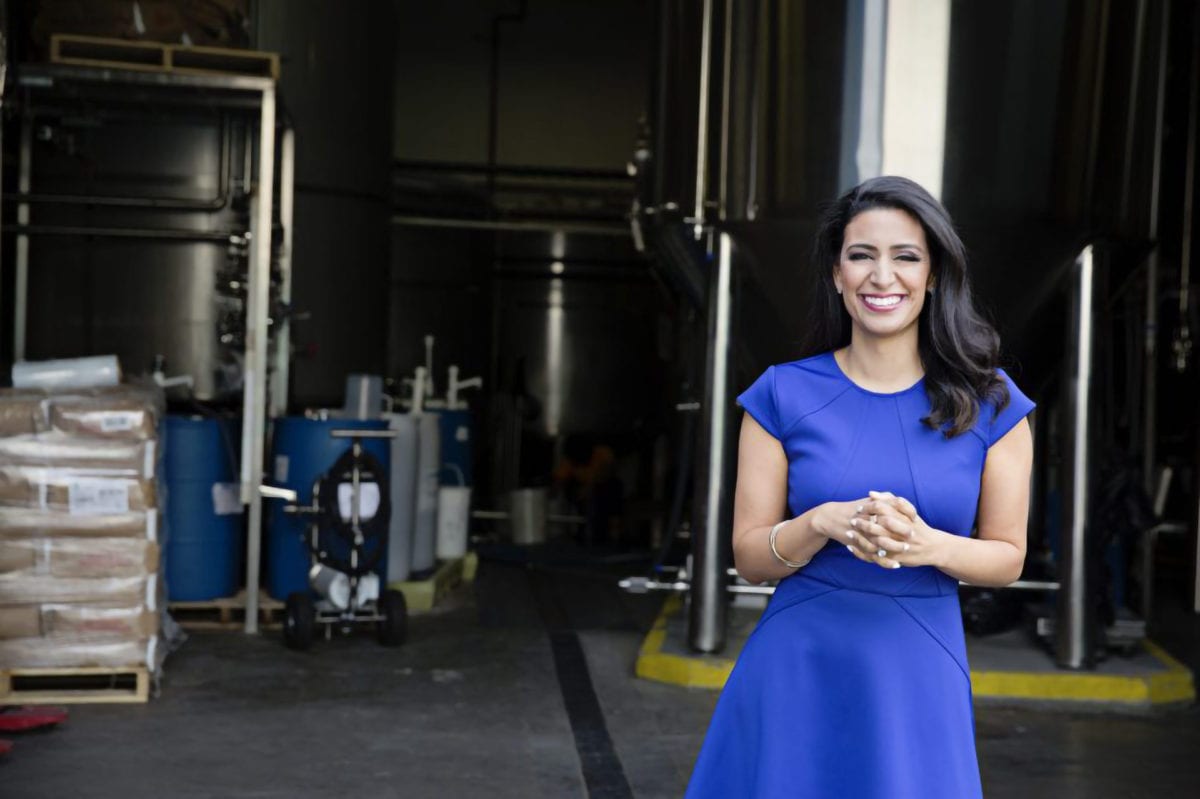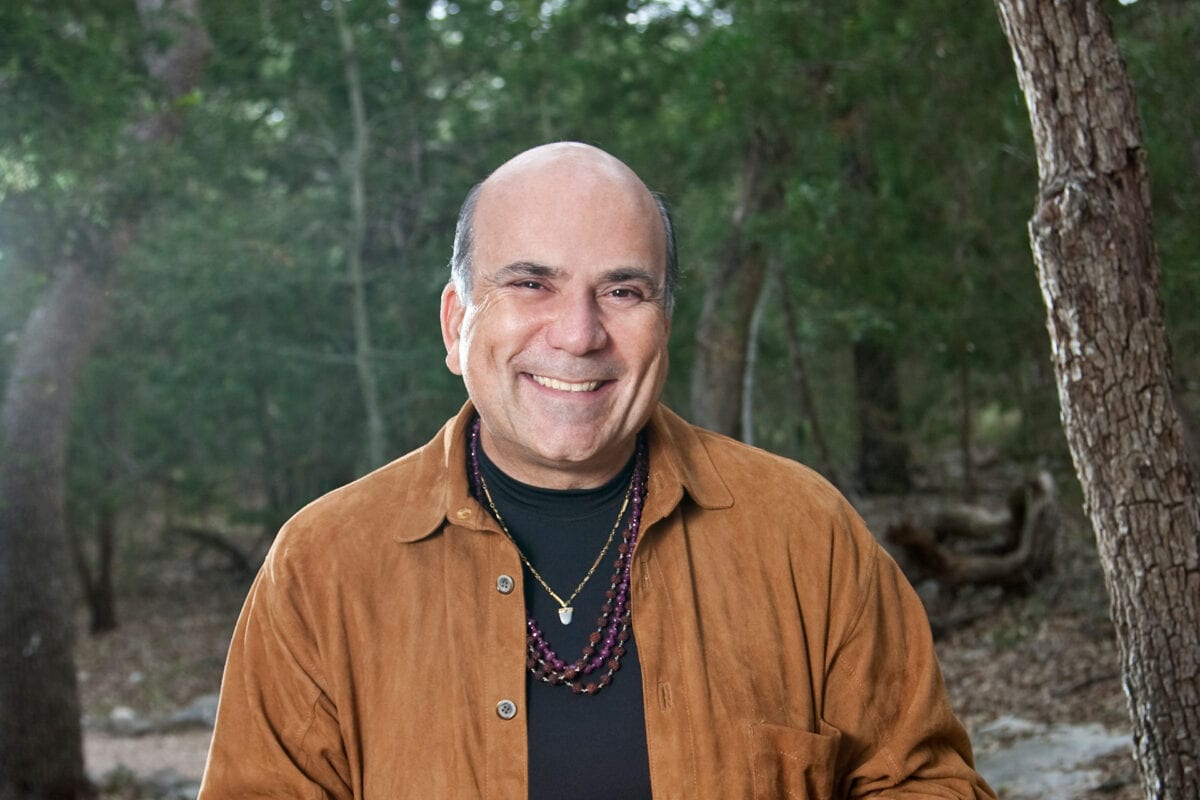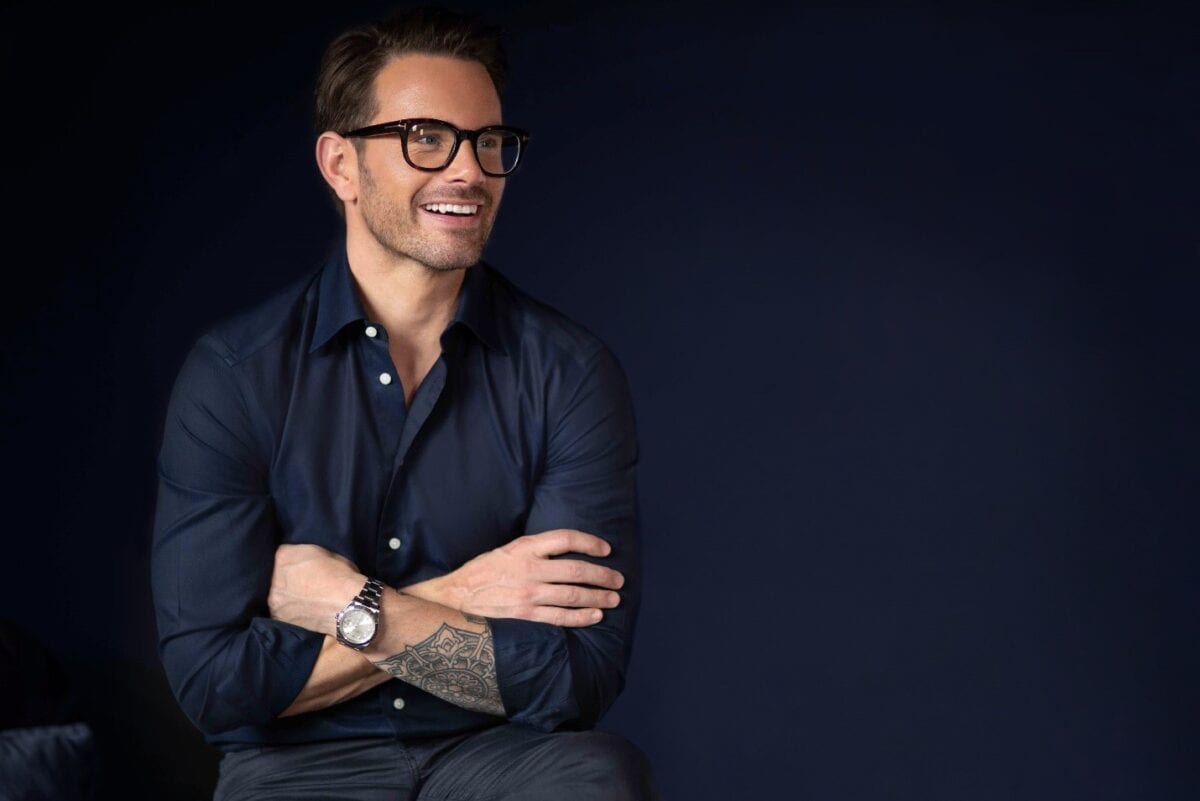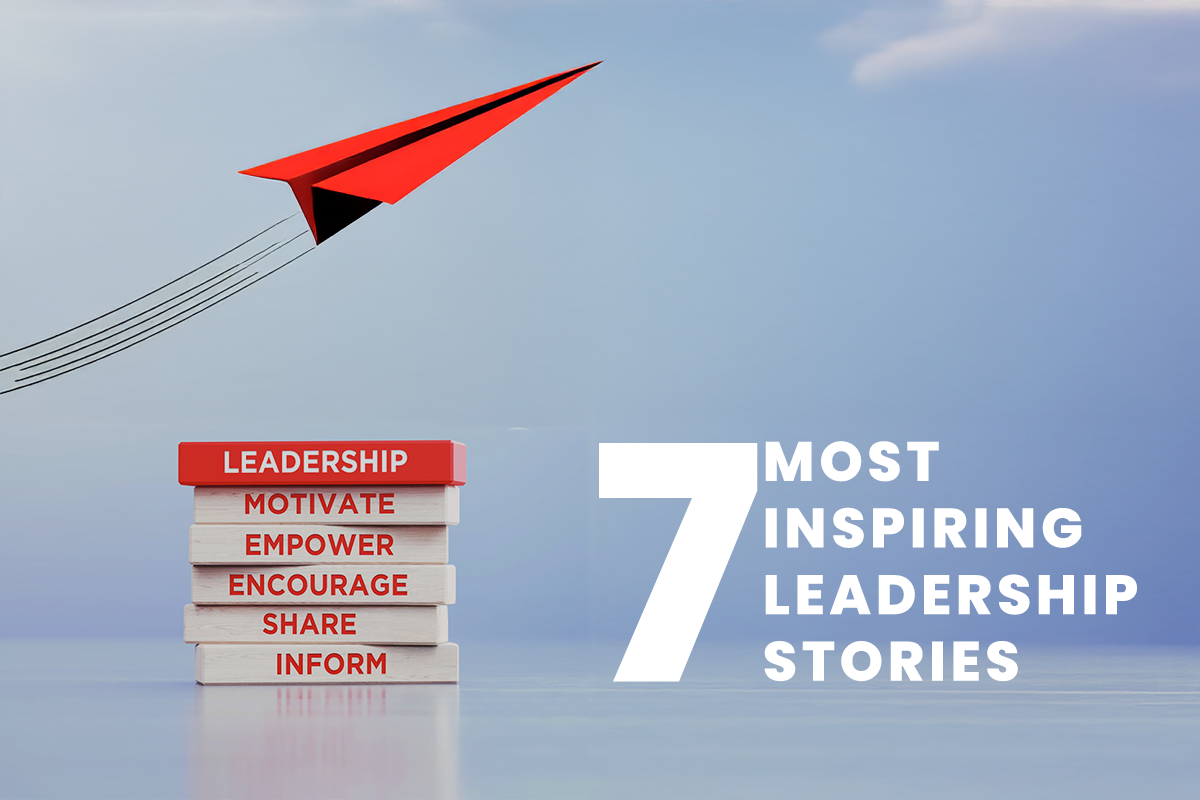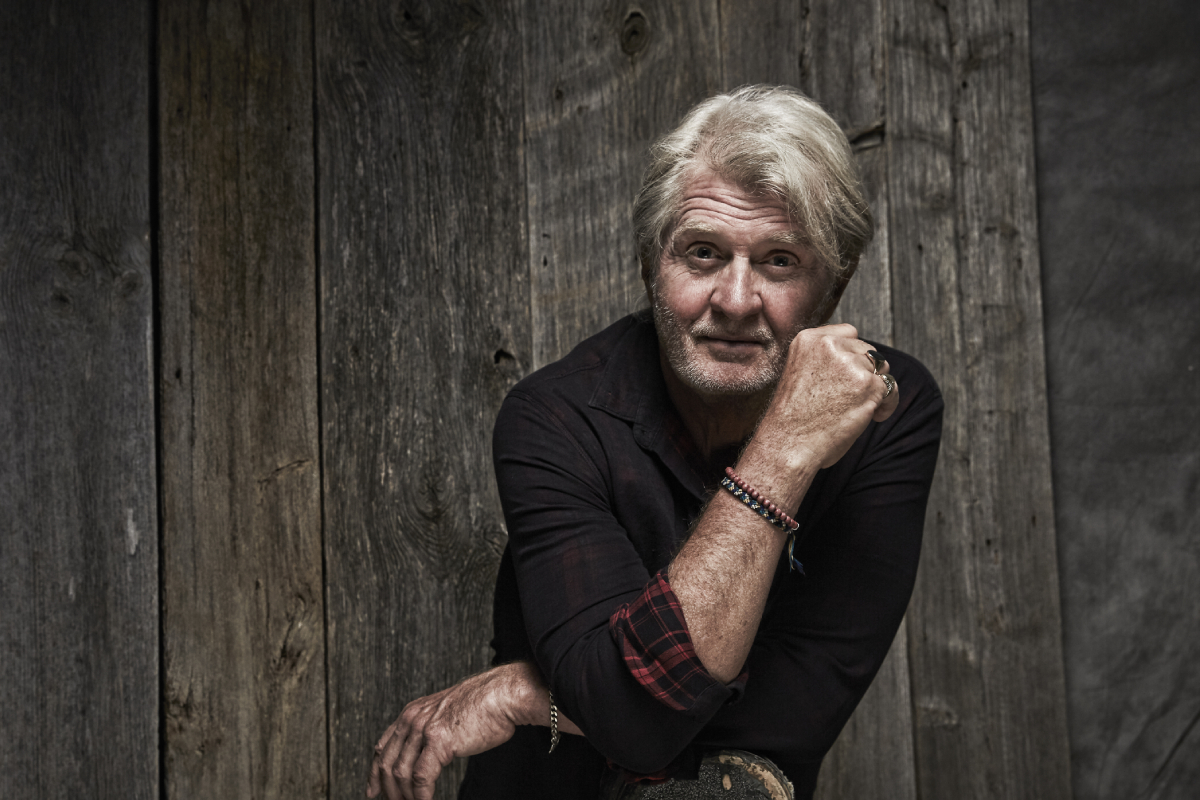Calgary-born Manjit Minhas didn’t set out to be the face of one of North America’s most recognizable independent breweries. Her early plans revolved around a traditional path—studying engineering at the University of Calgary and perhaps running a small side business to support her parents’ liquor store. But life had other plans.
At just 19, she and her brother Ravinder launched what would become a formidable force in the beverage industry: Minhas Breweries, Distilleries, and Wineries. What began with selling affordable spirits quickly evolved into owning one of the oldest breweries in America, revolutionizing the space and pushing boundaries in an industry traditionally dominated by a few legacy players. Today, the Minhas empire includes over 90 brands of beer, spirits, liqueurs, and wines, distributed across Canada, the U.S., and 15 countries across Europe, Asia, and South America.
Minhas has become more than just a business leader—she’s a speaker, author, investor, and role model for aspiring entrepreneurs. In 2015, she joined CBC’s Dragons’ Den, becoming a household name and investing in dozens of innovative startups. In this interview with The Edge: A Leader’s Magazine, she shares insights from her journey—its risks, triumphs, and the truth about balancing business and life.
You began your career studying engineering. What initially inspired that path—and what made you pivot to business?
It’s not a linear story. People often think success follows a straight path, but ours was anything but. I was enrolled in engineering at the University of Calgary and doing well academically, but my brother and I were both very entrepreneurial from a young age. Our parents owned liquor stores in Calgary, and we saw a gap in the market—consumers wanted quality products at an affordable price. So, we started importing spirits and selling them in our parents’ stores, and then beyond.
What was it like launching a business in such a highly regulated industry at such a young age?
It was 1999. We were young, we had no industry clout, and we were venturing into a space with very high barriers to entry. But what we lacked in experience, we made up for in hustle, research, and resilience. We took calculated risks, reinvested everything we earned, and slowly built relationships with distributors and retailers. The demand grew organically because we focused on delivering value without compromising on quality.
When you decided to move from spirits into beer, how did that shift affect your company’s identity?
In 2002, we saw a bigger opportunity in beer. The beer industry was—and still is—controlled by a few dominant players, and that made it ripe for disruption. When we acquired the Joseph Huber Brewing Company in Monroe, Wisconsin—one of the oldest breweries in the United States—it was a game-changer. It gave us heritage, infrastructure, and access to a broader distribution network. We began creating our beer brands, such as Boxer and Lazy Mutt, which were price-conscious, high-quality alternatives to the major labels.
Reflecting on your background in engineering, how did it help on your entrepreneurial jpurney?
Engineering taught me how to approach problems methodically. It gave me the discipline to think critically, analyze data, and make informed decisions under pressure. But entrepreneurship gave me freedom. I followed the path that allowed me to build, innovate, and dream without limits. It’s not about choosing one or the other—it’s about applying everything you learn to something you’re passionate about.
You’ve received numerous accolades, including being named one of Canada’s Top 100 Women Entrepreneurs. How do those recognitions impact you?
Awards and accolades are significant, but not because of the trophies or titles—they’re symbolic. They represent years of grit, sacrifice, sleepless nights, and difficult decisions. As an entrepreneur—especially a woman in a male-dominated industry—validation doesn’t always come easily. So, when you receive an award from a women’s business organization, it means even more. It’s not just about individual success—it’s about representation and progress.
Do events like those also provide value beyond the recognition itself?
Absolutely. These events bring entrepreneurs together, and that’s powerful. Entrepreneurship can be incredibly isolating. When you’re the founder or CEO, you carry the weight of every decision. It’s hard to share that burden with anyone else. That’s why recognition events are more than just celebrations—they’re opportunities to connect, share stories, and realize that we’re not alone in the journey. Some of the best friendships and collaborations I’ve formed have come from those award events. I always walk away inspired.
As a mother and business leader, what’s your take on the concept of work-life balance?
I’m going to be completely honest: balance is a myth. It’s a concept we’ve romanticized, but in reality, being an entrepreneur is not a 9-to-5 gig—it’s 24/7. There are no off-hours. If you want to build something meaningful and lasting, you have to pour your heart and soul into it. That level of commitment inevitably means other areas of your life will take a back seat at times. But I do believe in integration and intention. I’ve learned to be fully present wherever I am. If I’m at work, I give it everything. If I’m with my kids, they get my undivided attention. I’ve let go of the illusion of a perfect balance and instead focus on making every moment count.
How do you navigate that reality daily?
I have an incredible support system. My husband, my family, and my team at the office—they all play a crucial role in helping me manage the chaos. I delegate, I trust people, and I’ve learned to say no when needed. There are moments of guilt, but I remind myself that I’m setting an example for my daughters. I want them to know they can be leaders, mothers, creators—all of it. Not perfectly, but powerfully.
What was your reaction when you got the call to join Dragons’ Den? And how has the experience shaped you?
That was such a surreal moment. I had been a fan of the show for years. I loved how it demystified entrepreneurship and gave everyday Canadians a platform to share their ideas. So, when I received the invite to do a screen test, I didn’t hesitate. It was an intense process—many accomplished entrepreneurs were there—but I think my story and style resonated with the producers. Within two weeks, we were filming, and the rest is history.
Since joining Dragons’ Den, I’ve invested in 31 companies. Each one has taught me something—some financially successful, others valuable learning experiences. It’s made me a better listener, a better leader, and an even more thoughtful investor. You have to offer more than just capital; you offer your time, your network, and your perspective. That’s a responsibility I take seriously.
Has being on national television impacted your brand and business?
Absolutely. The brand exposure has been phenomenal. Our beer and spirits were already gaining traction internationally, but Dragons’ Den elevated our profile in Canada. Products like Boxer, our Irish Cream, gin, and whiskey brands became household names almost overnight. That visibility allowed us to shift more focus to the Canadian market. We opened new facilities, expanded distribution, and doubled down on product innovation.
On a personal level, it’s also been rewarding. I get stopped in airports and grocery stores, and people want to talk business or pitch ideas. It’s flattering, but also a reminder that visibility comes with responsibility. You become a face for entrepreneurship in Canada, especially for young women and immigrants. That’s not something I take for granted.
Looking back, what’s the greatest lesson you’ve learned—and what advice do you offer to the next generation of entrepreneurs?
The biggest lesson is that resilience beats everything. Markets change, people come and go, and setbacks are inevitable. But if you can get up, pivot, and keep moving forward, you’ll always be in the game. And don’t wait for perfect conditions—there’s no ideal time to start. We built our business with very little—just vision, grit, and a relentless drive to succeed.
Also, stay curious. Surround yourself with people who challenge and inspire you. Read constantly. Ask questions. Entrepreneurship isn’t a destination—it’s an evolution. You’ll never “arrive,” but that’s what makes it exciting.
Jennifer M. Williams | Editor-in-Chief

